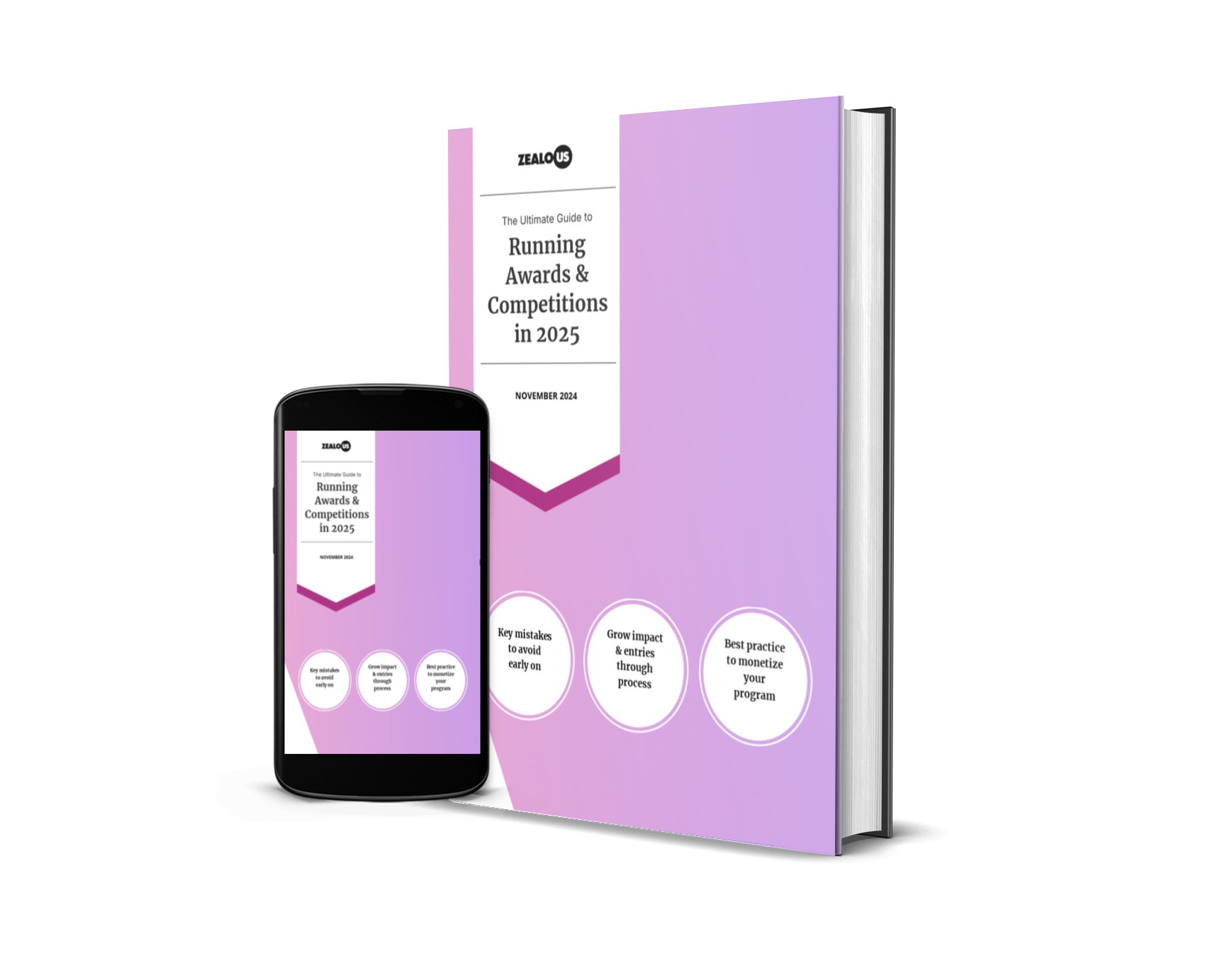Our world today
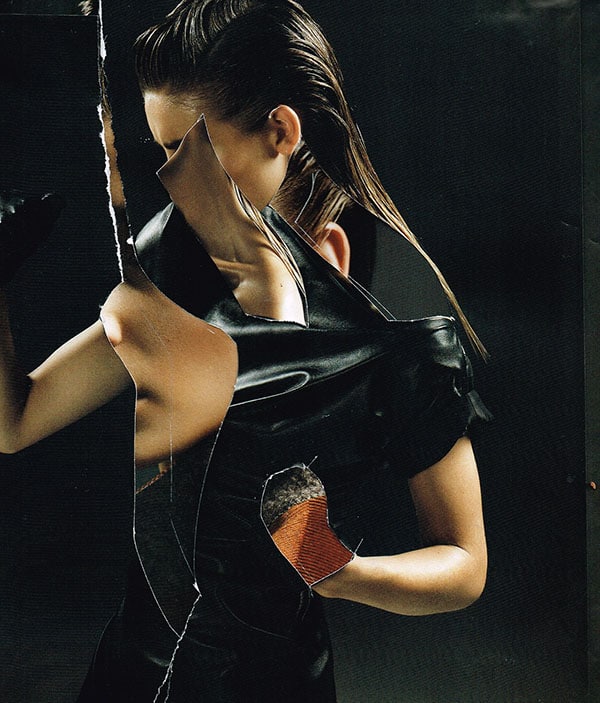
What started as harmless algorithms serving us more cute animal videos based on our historic consumption of media; has evolved into echo-chambers for ideology. We are no longer challenged by opposite views. Instead, we are dumbed down by what we like, not what would enrich our understanding of the world. Worryingly, the more our point of view is reiterated, the more likely we believe we are right – pushing our position even deeper.
For as long as humans have been around, our fate has been sealed as we are born. Societies segregate us into groups from the moment we take our first breath, which may lead us to interact mostly with a single race, religion, political and social class… As we grow, we’ll seek the comforts of groups and environments we relate to, which cement our views of the world.
The digital world has sped up this polarization, leading to an extreme change in our politics, racial tension and sprouting a worrying lack of critical thinking. Social media facilitated the Egyptian revolution in 2011, and there’s no reason it couldn’t end up doing the same across the West.
But how, in this current climate. can we re-balance society?
Attract the opposite
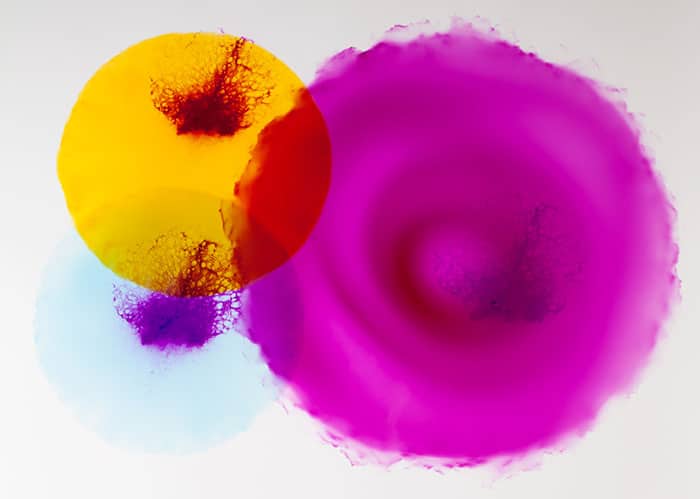
It’s perfectly fine to have a strong view of the world, but before we can have any positive impact, we need to look inwards. Are we welcoming enough to the opposite view so that they feel comfortable enough to interact with us? Do they respect us enough to listen?
Grayson Perry highlighted this issue perfectly at a talk hosted at St. Martins with the following quote “If I throw a brick through an art organisations windows, I’ll only ever hit a liberal”. If that is true, how can the arts truly serve society?
We can’t challenge someone’s ideologies if they won’t engage with us, and they won’t engage with us unless we make them feel comfortable enough to do so.
Generate Empathy (not Sympathy)
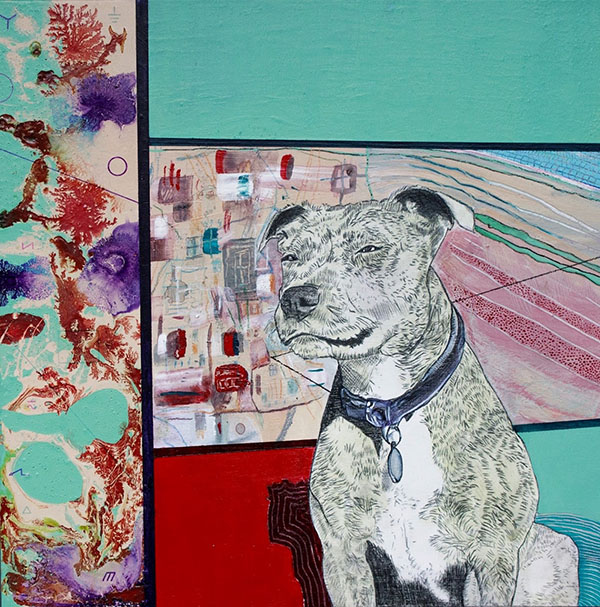
Getting people to lean in is the first step; challenging people’s views of the world is next.
If you want people to change you must make it personal – and nothing is more personal than empathy. Empathy allows our brains to physically mirror the emotions of others. This ability to temporarily fall into someone else’s mind changes us at a deep unconscious level (want to know more? Check out Peter Bazalgette’s “Empathy Instinct”.
A photograph of the horrors of war (what if that was my kid?), or a pile of shoes for every refugee drowned on their journey from Syria to Europe (these could be my shoes), will move us more than any news broadcast. The inclusion of balanced characters in film (Moonlight) of a different race or sexual orientation goes a long way to challenging deep-seated stereotypes. These, in turn, open the door to more mainstream Hollywood productions that create “moments of positivity people often not the centerpiece of society” (Black Panther) and highlight their value in our society.
These few examples scratch the surface of how creativity has changed society. The arts are our strongest tool in generating empathy. These have been used with great skill in making societal changes, often starting on the fringes as an act of rebellion they can echo their way into the mainstream consciousness.
Allow for Redemption
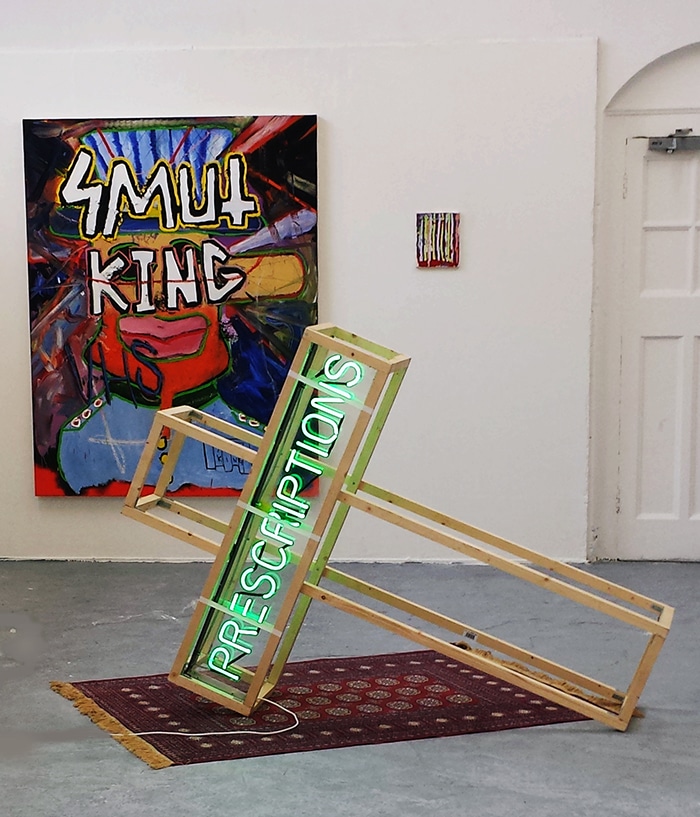
What used to be acceptable a decade ago, isn’t now and probably won’t be in ten years (this will often reveal itself in the occasional embarrassing conversations with grandparents).
Navigating an ever-changing world leads us all to make mistakes. We should at any point be allowed to change our ways and apologise for previous views, a positive sign that we’re growing as people. Of course, this should be within the context of the law (although that could also be argued as some basic human rights were illegal not that long ago).
This has recently been exemplified by the dragging of James Gunn (the director of Guardians of the Galaxy), being fired by Disney for inappropriate decade old tweets (for which he had previously apologised for).
I’ve made many mistakes myself and now use them as a barometer of how far I’ve come in my understanding of the world.
Erode away
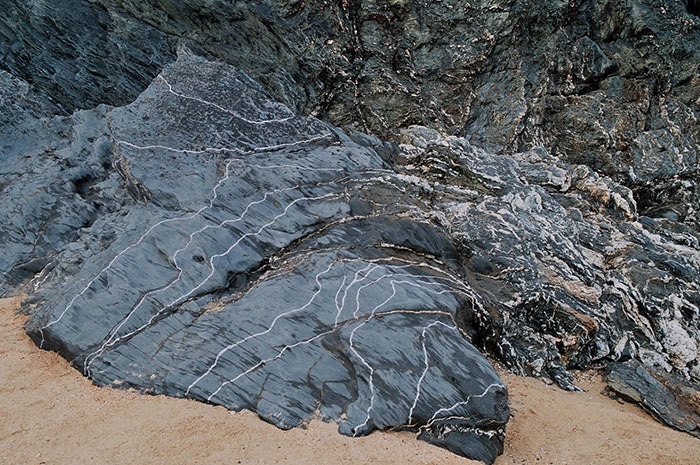
Changing society is slow work. We may feel radical change happens overnight, but these changes are only made possible by thousands upon thousands of micro changes which erode our societies perception, eventually leading to them collapsing.
Buckle up, don’t give up, lead by example and remember – we have a lot more in common than separates us.
Let us know you want us to write more content like this with a love!
Share
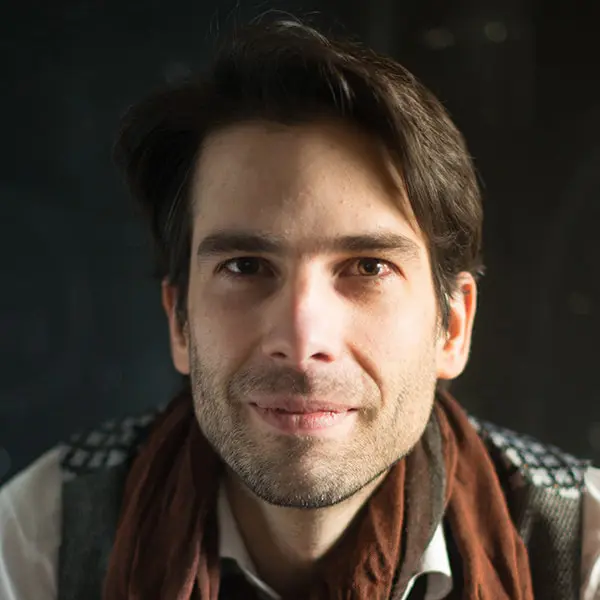
Guy Armitage is the founder of Zealous and author of “Everyone is Creative“. He is on a mission to amplify the world’s creative potential.
